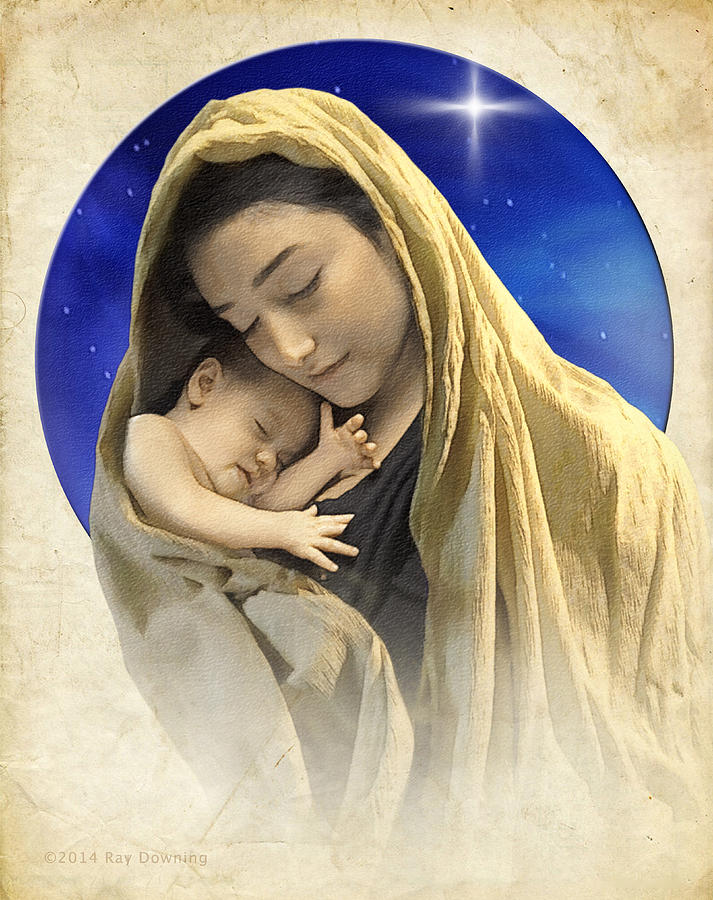 A few weeks ago, some 400 of us Sisters met at a hotel to plan our future. On the last day, one of the hotel workers commented, “We liked having you because to you we weren’t invisible.” How often we take those who serve us for granted and even overlook them. (Maybe you are one of the “invisible” ones.) So, I’m thinking, what if we put on glasses that enable us to see these special people and acknowledge their presence by saying a word or two, especially a thank you. Yes, we leave a tip for the person who cleans our hotel room, but how much more meaningful if we personally delivered our thanks, looking the person straight in the eye. Who are some of the other people who make our lives smooth and help us in ways that we are scarcely aware of?
A few weeks ago, some 400 of us Sisters met at a hotel to plan our future. On the last day, one of the hotel workers commented, “We liked having you because to you we weren’t invisible.” How often we take those who serve us for granted and even overlook them. (Maybe you are one of the “invisible” ones.) So, I’m thinking, what if we put on glasses that enable us to see these special people and acknowledge their presence by saying a word or two, especially a thank you. Yes, we leave a tip for the person who cleans our hotel room, but how much more meaningful if we personally delivered our thanks, looking the person straight in the eye. Who are some of the other people who make our lives smooth and help us in ways that we are scarcely aware of?
What about the clerk who rings up and bags our purchases? We needn’t engage in a long conversation that irks the people lined up behind us. A simple thank you or a short compliment will do such as “You are really speedy” or “I like your hairdo.” At Christmas we express our thanks to our postal carrier and newspaper deliverer, but it would warm their hearts if on some ordinary day we went out of our way to step outside to say, “I appreciate how you always pick up the letters I put in my mailbox so I don’t have to go  to the post office” or “I always know I can count on reading my newspaper at breakfast because you are so reliable.” Then there are the people who wait on us in a restaurant. What can we say to engage them as persons instead of barely noticing them until we’re missing a fork or the meal is too salty? Then too there are the librarians who shelve our books and DVDs. The silence that reigns in a library should not inhibit us from saying, “Have a good weekend” or just a “Hello” and “Good-bye” to them.
to the post office” or “I always know I can count on reading my newspaper at breakfast because you are so reliable.” Then there are the people who wait on us in a restaurant. What can we say to engage them as persons instead of barely noticing them until we’re missing a fork or the meal is too salty? Then too there are the librarians who shelve our books and DVDs. The silence that reigns in a library should not inhibit us from saying, “Have a good weekend” or just a “Hello” and “Good-bye” to them.
Jesus said that whatever we do to the least ones, we do to him. We certainly wouldn’t ignore him! The majority of people he paid attention to and worked miracles for were the little ones: the lepers, the despised Samaritans, women who were accounted as nothing in his culture. He even held up as models children, who also had no social status. We are familiar with the disciples and women who supported Jesus in his ministry, but there are others who aren’t named. Can you imagine how Jesus treated the man who sold him the wood he used in his carpenter shop, the boy who loaned him the bread and fish, the woman who cooked the meal at Zacchaeus’s house?
Who are other people that tend to be invisible? Maybe someone in your own family who is taken for granted?
If you are or were one of the invisibles, were you ever surprised by someone actually seeing you?








